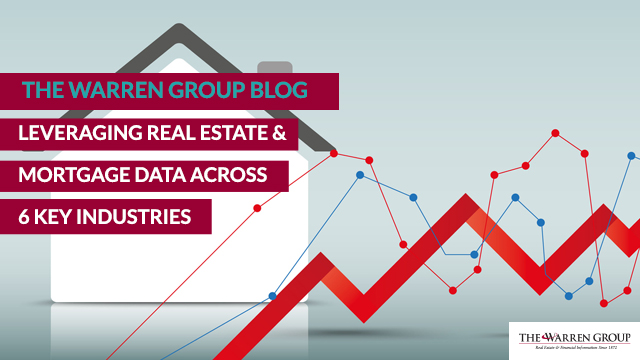In today’s data-driven world, the availability of real estate and mortgage data presents numerous opportunities for industries to enhance their operations and decision-making processes. From mortgage lenders to government agencies, academia, insurance providers, and property technology companies, leveraging this data can yield valuable insights, improve efficiency, and lead to better outcomes. In this blog, we will explore how various industries can harness real estate and mortgage data to transform their businesses.
Mortgage Industry – The mortgage industry relies heavily on data to assess risk, make lending decisions, and streamline processes. By utilizing real estate and mortgage data, lenders can gain a deeper understanding of property values, market trends, and borrower profiles. This information enables them to make more accurate risk assessments, streamline loan origination processes, and offer personalized mortgage products. Additionally, predictive analytics can help identify potential defaults and delinquencies, enabling proactive intervention and risk mitigation strategies.
Real Estate – Real estate professionals, including agents, developers, and investors, can leverage real estate data to gain a competitive edge. By analyzing market trends, property values, and demographic information, real estate professionals can identify emerging markets, evaluate investment opportunities, and determine optimal listing prices. Real estate data can also assist in conducting feasibility studies, optimizing property development plans, and identifying potential buyers or renters for targeted marketing campaigns.
Property Technology – Property technology (PropTech) companies are at the forefront of utilizing real estate and mortgage data. Through innovative solutions, they help streamline processes, enhance transparency, and improve customer experiences. PropTech platforms leverage data to offer real-time property valuations, mortgage comparison tools, and automated property management systems. By harnessing real estate and mortgage data, PropTech companies can deliver more accurate and efficient solutions, revolutionizing the way properties are bought, sold, and managed.
Colleges & Universities – Academic institutions can benefit from real estate and mortgage data to conduct in-depth research and analysis. Researchers can analyze historical data to uncover patterns and trends, enabling them to contribute to the development of real estate and mortgage markets. This data can also support academic programs by providing students with access to industry-relevant information, allowing them to develop practical skills and gain a comprehensive understanding of market dynamics.
Government – Government agencies, including housing departments and urban planning authorities, can leverage real estate and mortgage data to make informed policy decisions. Data-driven insights can help identify areas in need of affordable housing, monitor market fluctuations, and address issues such as property speculation or housing shortages. By utilizing real estate and mortgage data, governments can promote fair housing practices, enable urban development plans, and ensure a sustainable real estate ecosystem.
Insurance – Insurance providers can use real estate and mortgage data to assess property risks and offer tailored insurance coverage. By analyzing property characteristics, historical claims data, and environmental factors, insurers can accurately price policies and mitigate risk. Real estate data also enables insurers to assess property value fluctuations, monitor potential hazards, and proactively manage claims, resulting in improved underwriting decisions and customer satisfaction.
Real estate and mortgage data have immense potential to transform various industries, enhancing decision-making, efficiency, and customer experiences. From mortgage lenders and real estate professionals to PropTech companies, academia, government, and insurance providers, leveraging this data unlocks valuable insights, fosters innovation, and drives growth. By embracing the power of data analytics, these industries can stay ahead in an increasingly competitive landscape, ensuring a more prosperous and sustainable future for the real estate and mortgage sectors.


Recent Comments